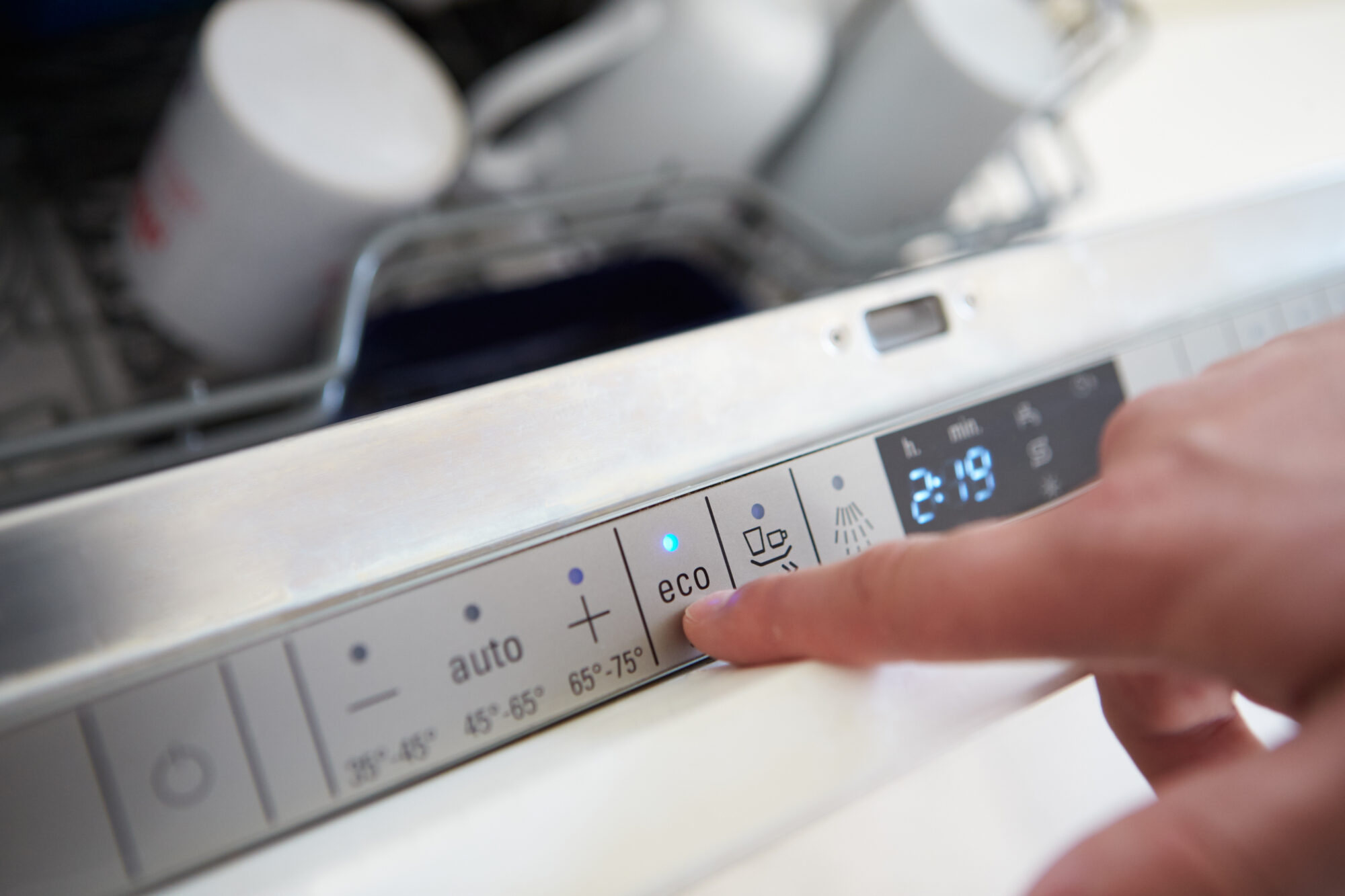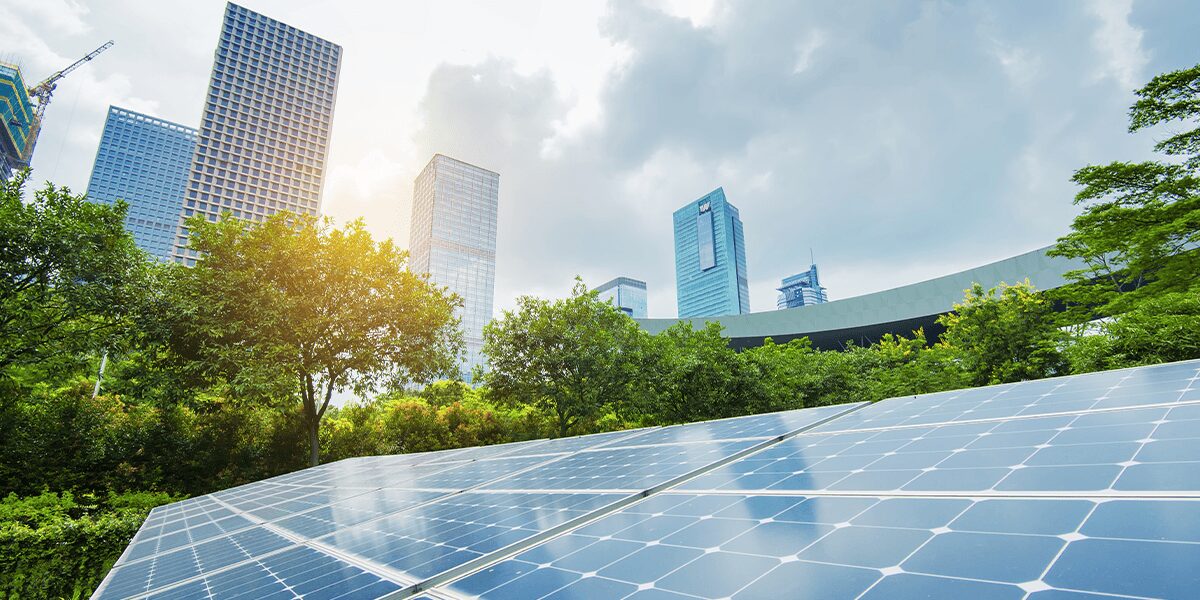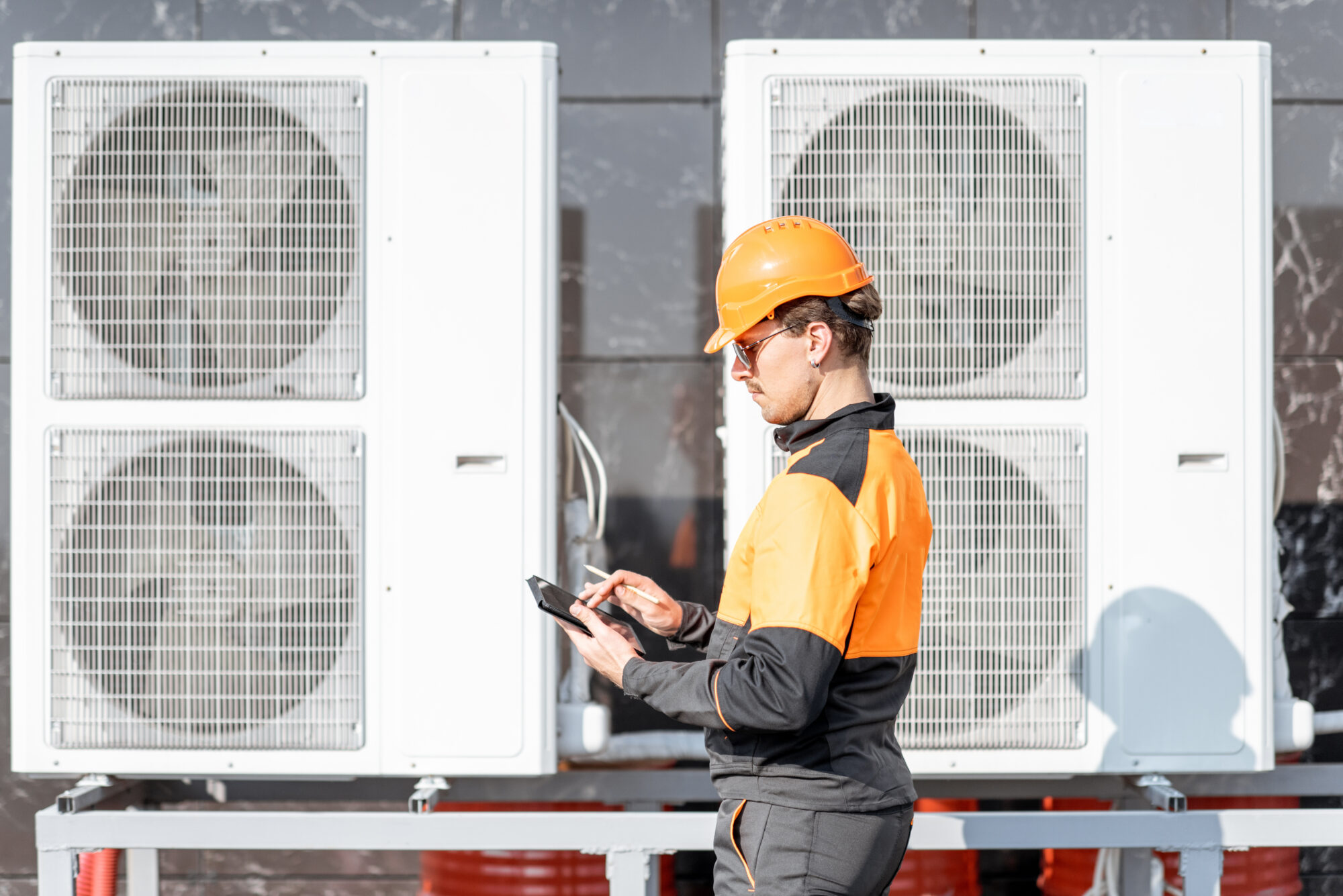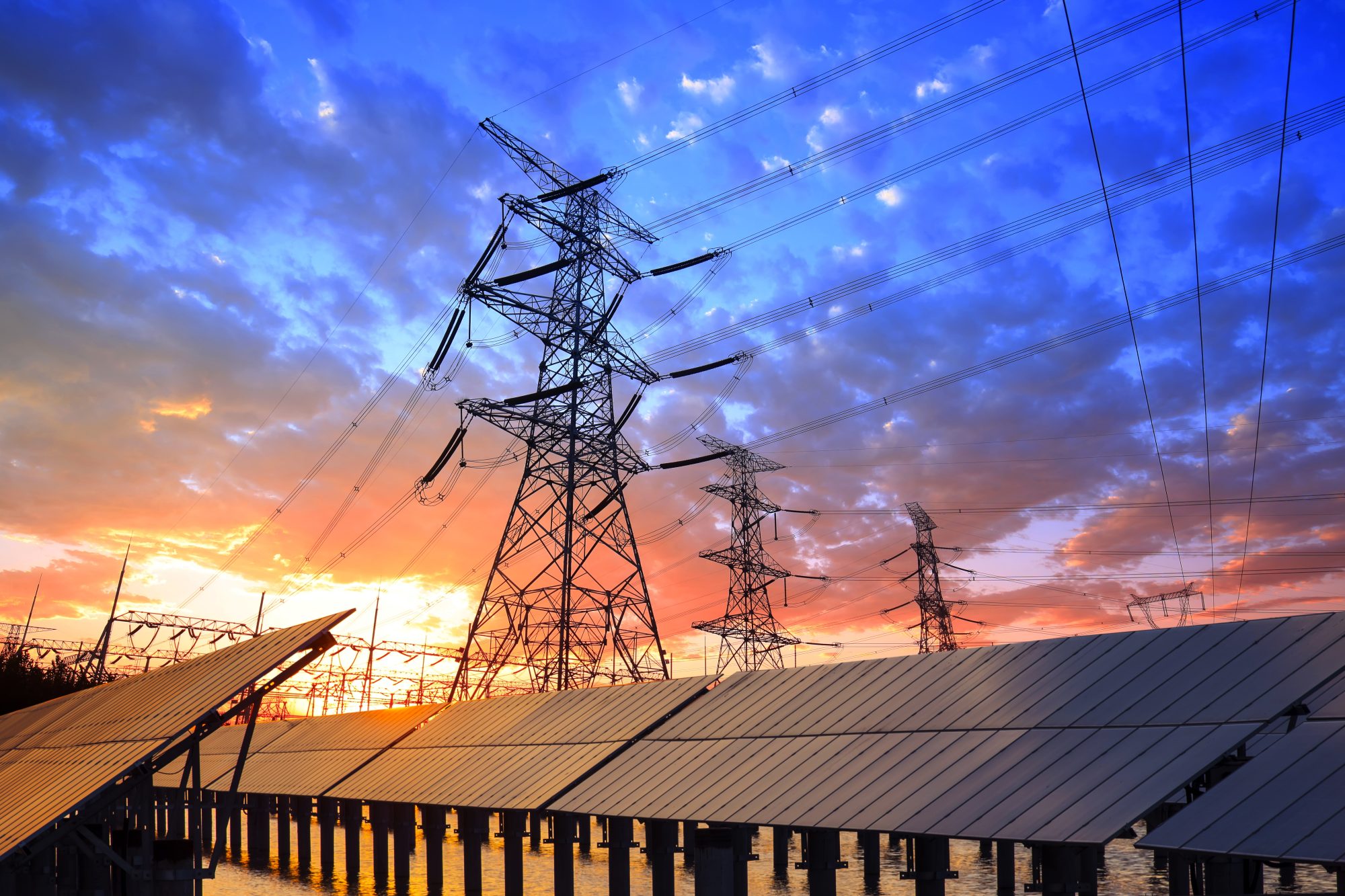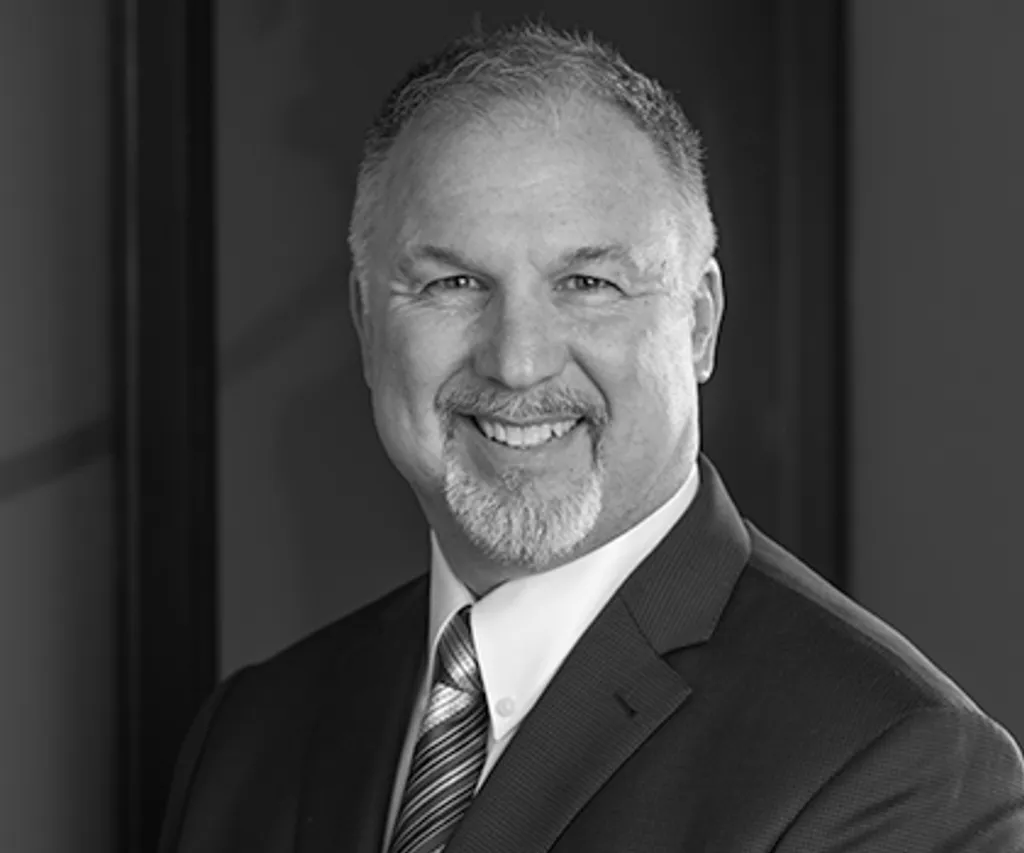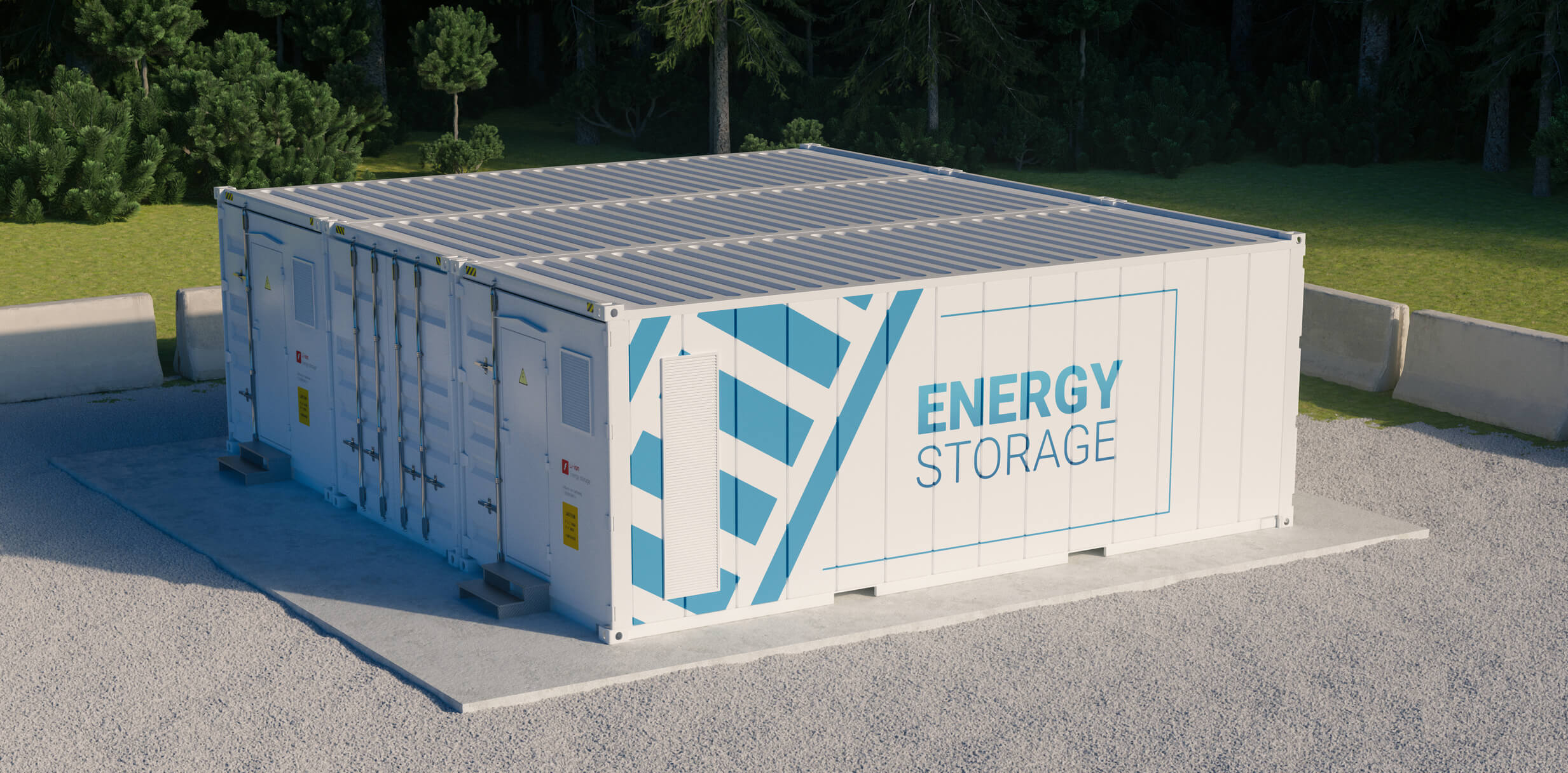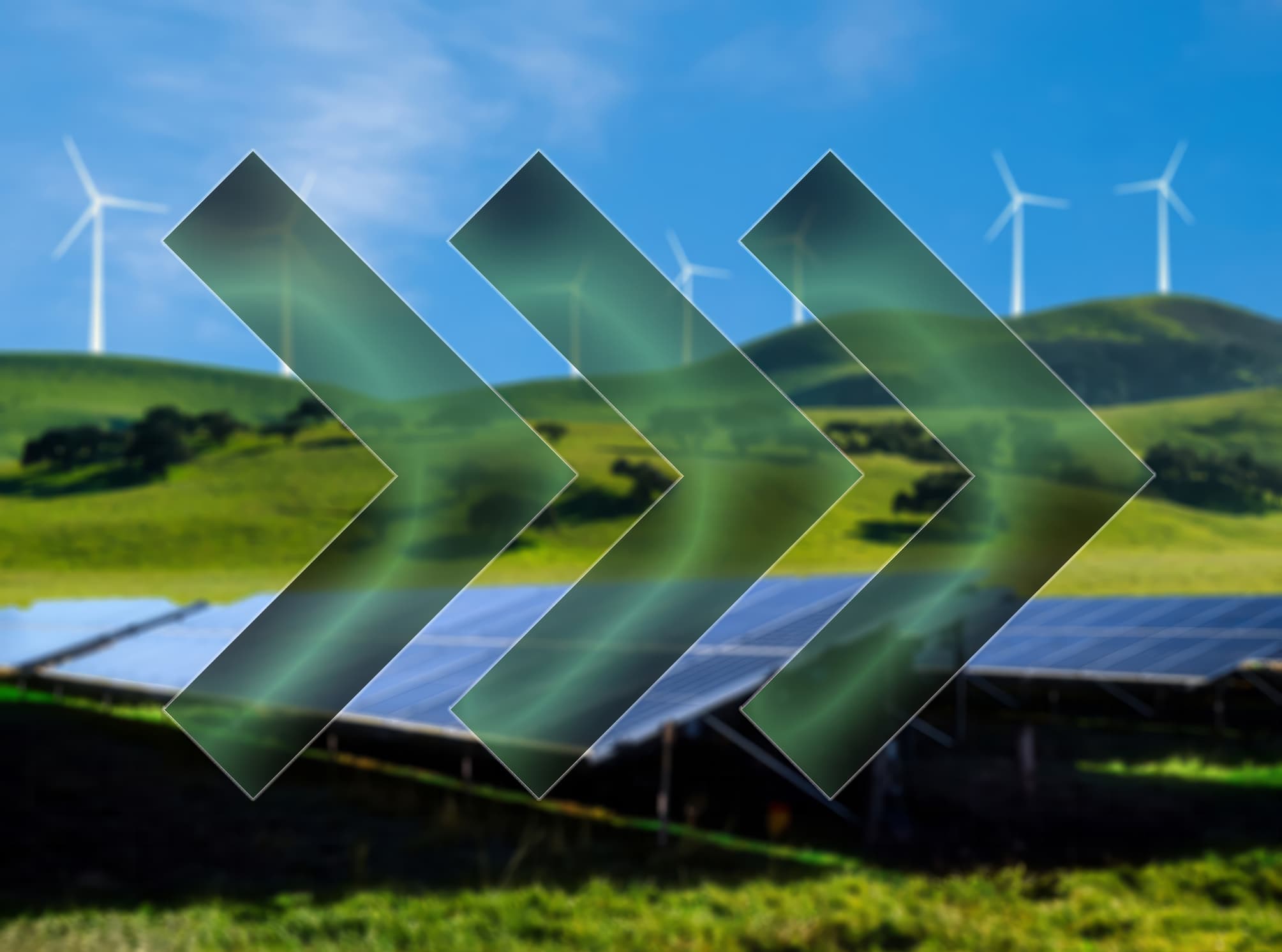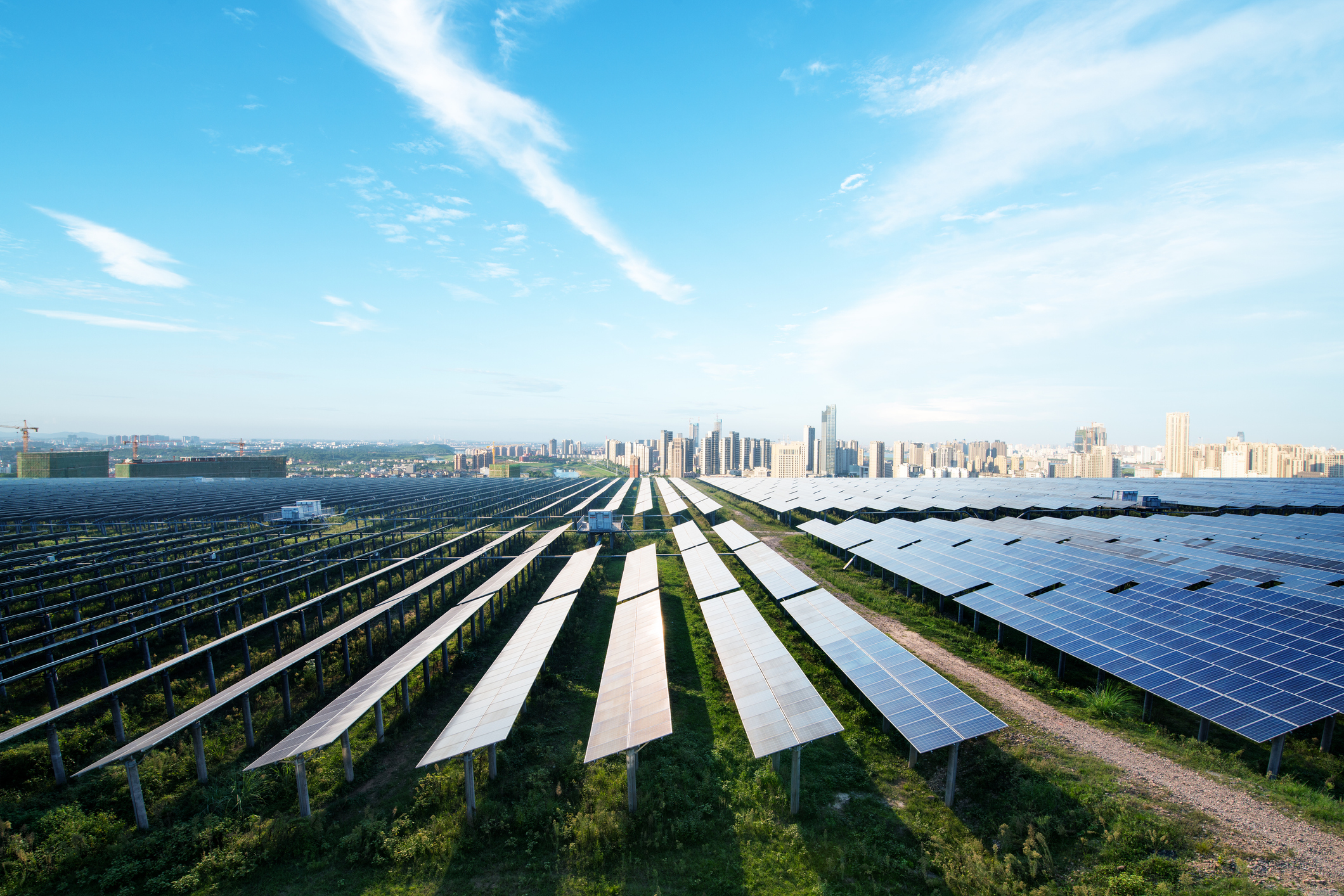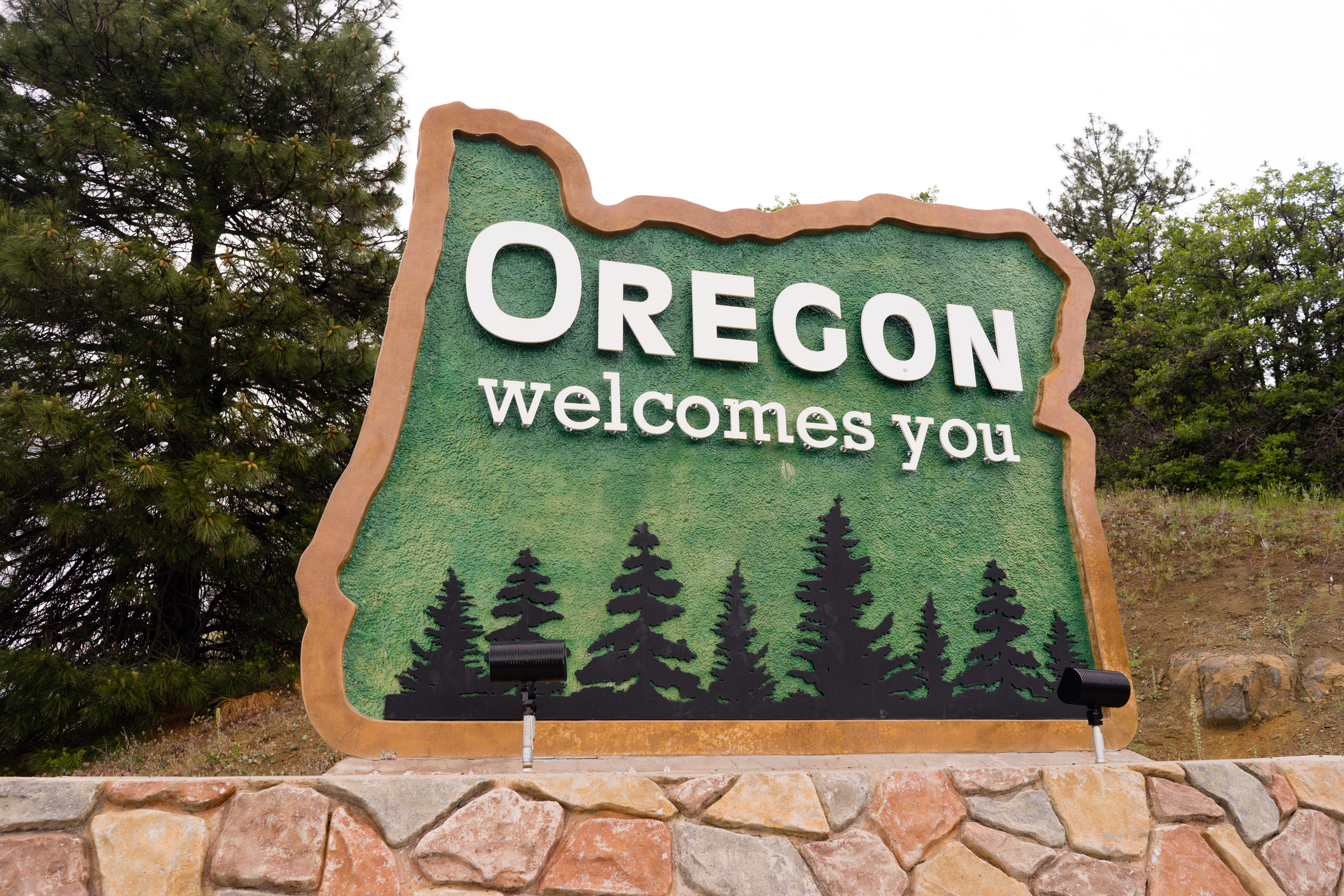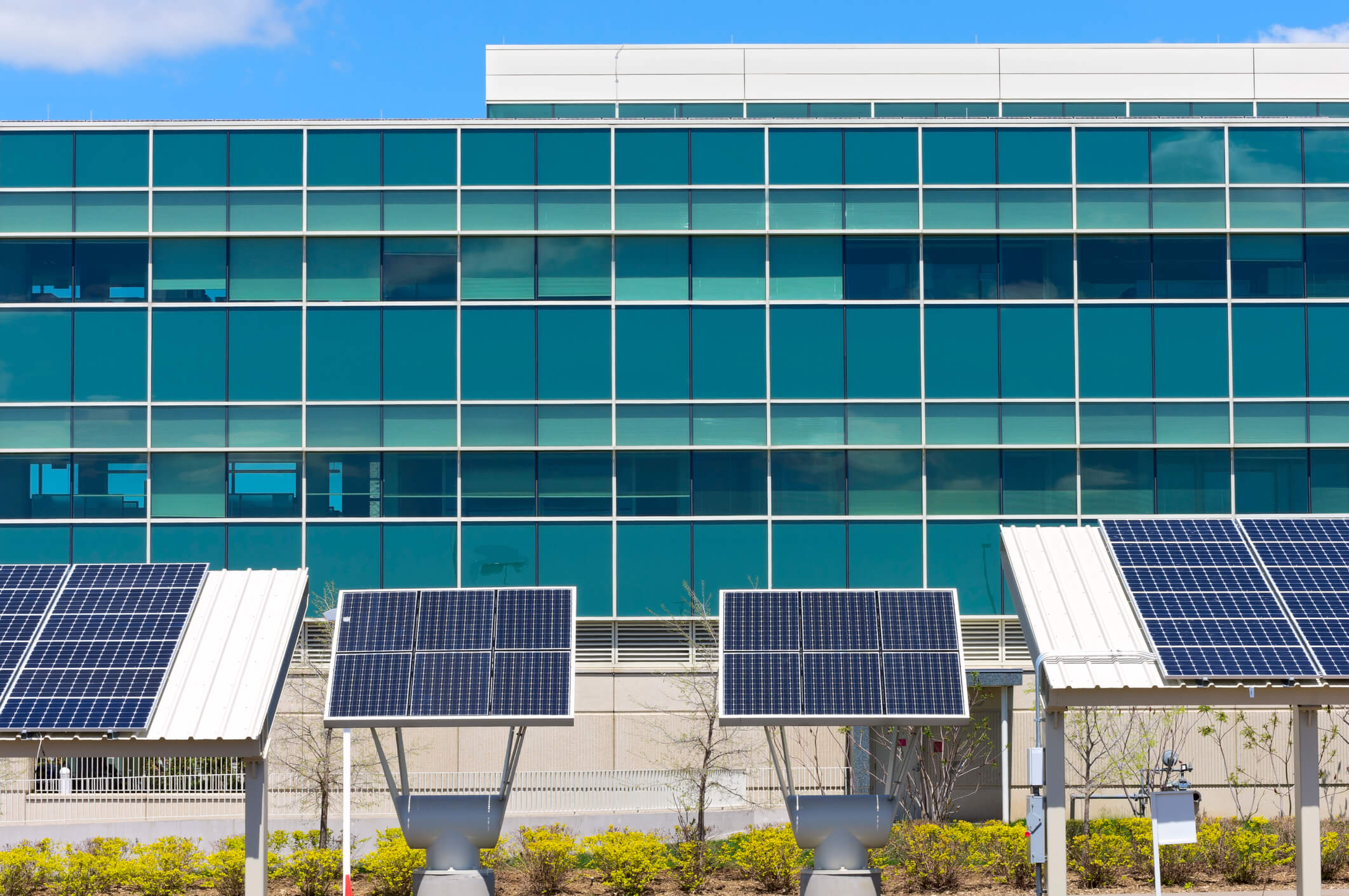Energy equity is leveling the energy playing field. Disadvantaged communities have historically been burdened by pollution, underinvestment in clean energy infrastructure, and lack of access to energy efficient products. Energy equity means ensuring that these communities are given access to all the clean energy solutions that are available to their neighbors. Advancing energy equity will not only bolster our underserved communities, but it will also improve energy affordability, produce clean energy jobs, and improve the overall health of those communities more broadly.
Author: Duane Baldwin | August 26, 2024
Part II: Energy Equity
Modernizing the power grid and decarbonizing our energy resources are important priorities for the ongoing sustainability and resiliency of every community nationwide. But expanding access to the many benefits of a clean energy future is also paramount. Designing solutions to benefit underserved communities is an essential part of the energy transition currently underway. Governments, utilities, educational institutions and industry advocates are working closely to address this important issue.
Related Services
Conversation with Duane Baldwin
Following his discussion of energy efficiency Duane Baldwin, TRC’s Vice President of Advanced Energy now shares his professional insights on and personal commitment to energy equity.
“Fairness is key to advancing our clean energy goals to where they need to be.” – Duane Baldwin
There is an ongoing, robust conversation about energy equity among utilities. And there is a lot to consider: business operations, engineering and certainly politics. When launching any programs, the first thinking is usually around the cost/benefit analysis. But with energy equity, it’s first and foremost a fairness issue. Ensuring that all customers have equal access and are treated fairly when it comes to the service of electricity goes a long way to improving quality of life. Additionally, from a utility standpoint, energy equity leads to happier customers, increased energy reliability and improved efficiency.
Energy equity programs can take many forms. They can provide customers with access to low-cost or no-cost efficient appliances or pay for insulation upgrades that would normally be out of reach. Or programs can work from within the industry to address workforce issues that drive the equitable creation of clean energy jobs.
A great example of the former is the Helping Home Fund that TRC implements for Duke Energy in North Carolina, in partnership with the North Carolina Community Action Association. This program assists income-qualified customers with health and safety, appliance replacement and HVAC replacement. We work with community-based organizations and local service providers to make energy efficiency improvements directly at customers’ residences. The program team visits homes, provides quality assurance checks for all project types, and we talk with customers about their experience and overall satisfaction. These are quality of life issues – the house is more comfortable, the old dirty furnace is carted away, and the monthly energy bills go down significantly. Our team gets calls and emails from participants, appreciative of the work being done to make their homes more comfortable and put a little extra money in their pocket.
We’re also very involved with workforce development, which provides equitable access to clean energy jobs through training and recruitment. We implement programs around the country that train members of disadvantaged communities to become contractors, installers, or trade allies. These programs are fantastic because they have compounding benefits – new jobs are being created in underserved communities, and at the same time, these trainees have a higher success rate in installing energy efficient upgrades in their communities, since they have the trust and credibility. With the recent passage of the IRA and IIJA bills, there’s even more funding coming down the pipeline, to pay for job training within disadvantaged communities. These jobs – which we call green-collar jobs – are going to be an incredibly important tool in achieving energy equity.
Energy equity is personally very important to me. I find it so unfair to see disadvantaged communities of all types be left behind – particularly when there are solutions and tools readily available to others. Someone having to heat their home with the oven or pay a utility bill that is 35% of their monthly income puts that person at a huge disadvantage. An individual living in an improperly heated or cooled home is at far greater risk of asthma, heart disease, and other respiratory problems, especially in children and elderly individuals. As an energy efficiency professional, I feel a great responsibility- as does the broader industry- to address this imbalance and push what we know works into the areas that need that help most.
Recently I had the honor of being nominated to the board of directors of the Alliance to Save Energy, and I’m working with my peers to make sure that energy equity is front and center as we build our clean energy future. We call it the just energy transition, and that means keeping energy affordable and providing equal energy representation to all communities.
Embrace The Shift
Partner With TRC’s Tested Practitioners
Sharing Our Perspectives
Our practitioners share their insights and perspectives on the trends and challenges shaping the market.
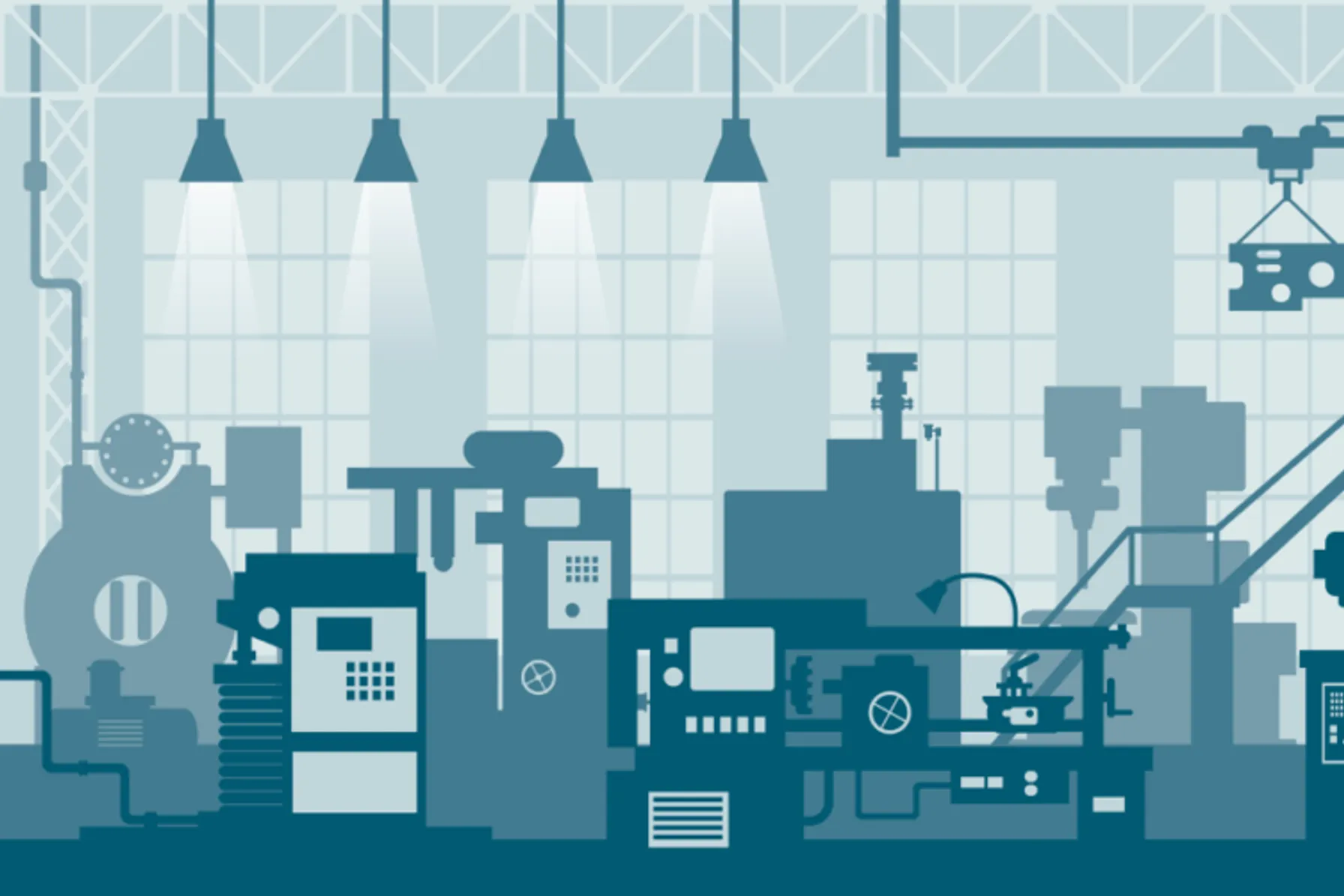
TRC Earns U.S. Department of Energy (DOE) Qualification to be a Provider of Industrial Assessment Centers (IAC) Equivalent Energy Assessments
September 24, 2024
TRC can now provide IAC equivalent energy audits to small and medium-sized manufacturing (SMM) firms, who can receive grants of up to $300,000 for implementation of audit recommendations.
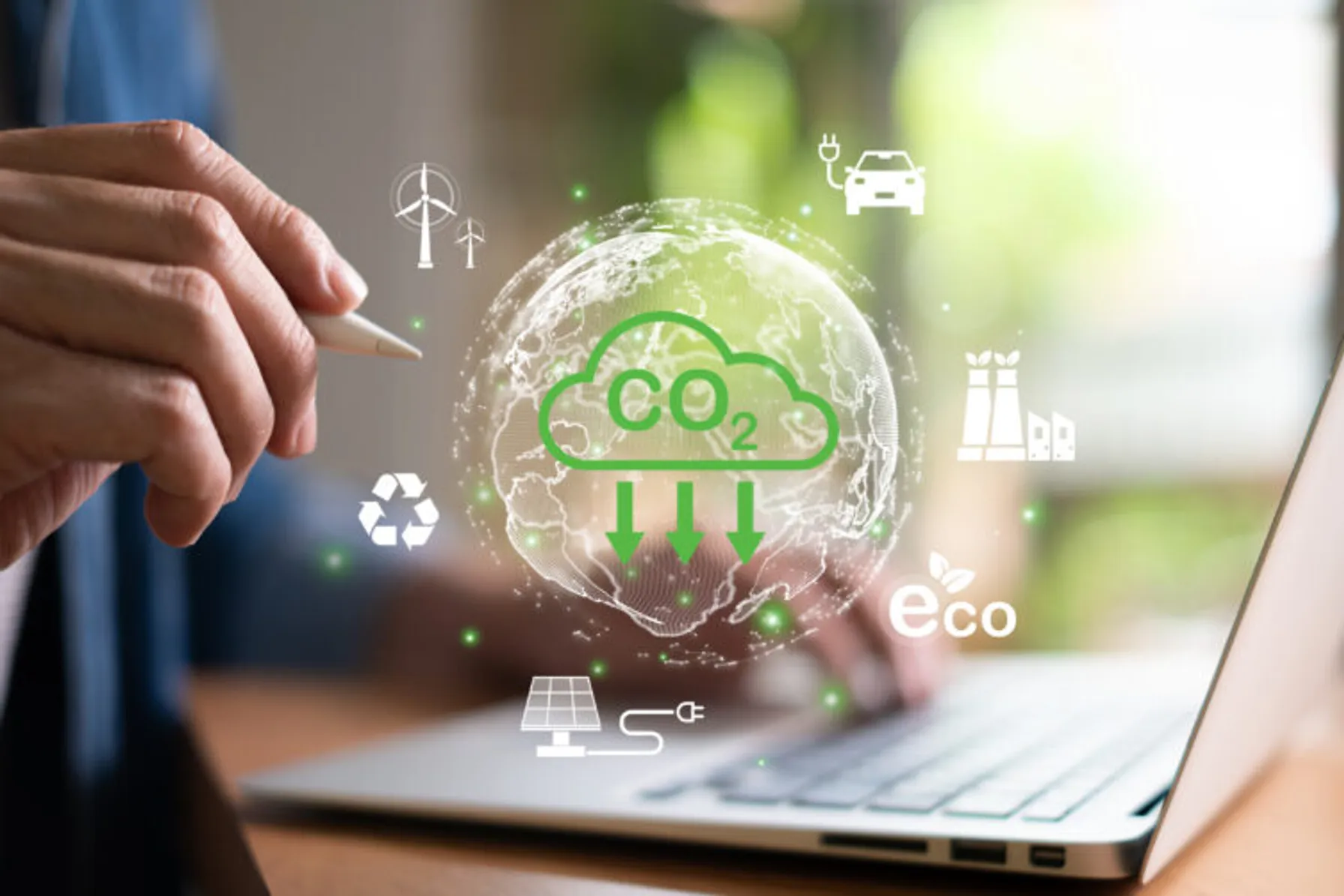
Utility Carbon Data Management
May 27, 2024
We’re pleased to announce Episode 7 of TRC’s Energy Talks Podcast, where we join experts from utilities and carbon accounting solution providers to discuss how our industry is understanding, measuring, and working to improve our collective carbon footprint.

Empowering Stakeholders to Co-Create Solutions that Address Inequity
April 23, 2024
Addressing inequality and ensuring that the benefits of the clean energy transition are accessible to all requires close examination of long-relied-upon processes that may have hidden inequities ingrained within them.
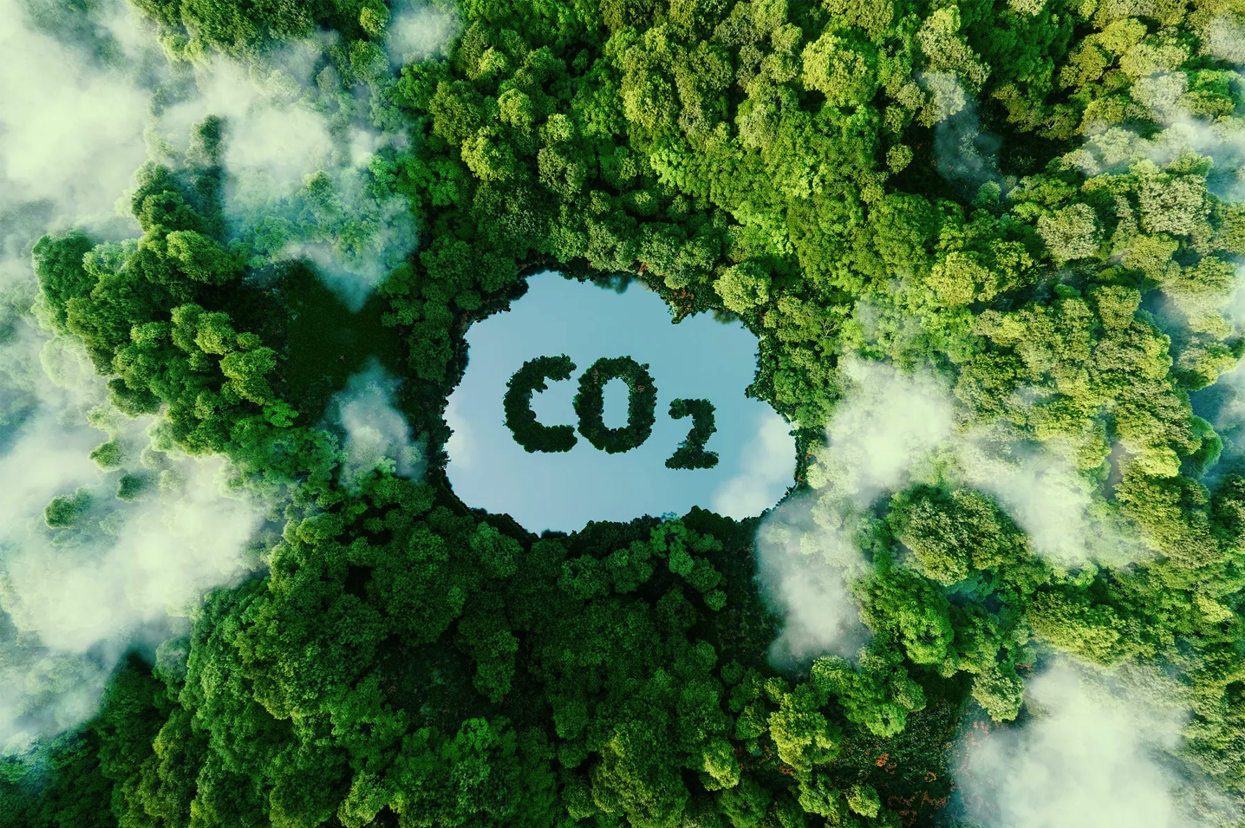
Monetizing the Environmental Attributes of Building Decarbonization Programs
March 27, 2024
Tune in to Episode 6 of TRC’s Energy Talks Podcast, where we join industry experts from the wholesale energy and environmental commodity markets to discuss how utilities and project developers are valuing the environmental attributes of building decarbonization projects.
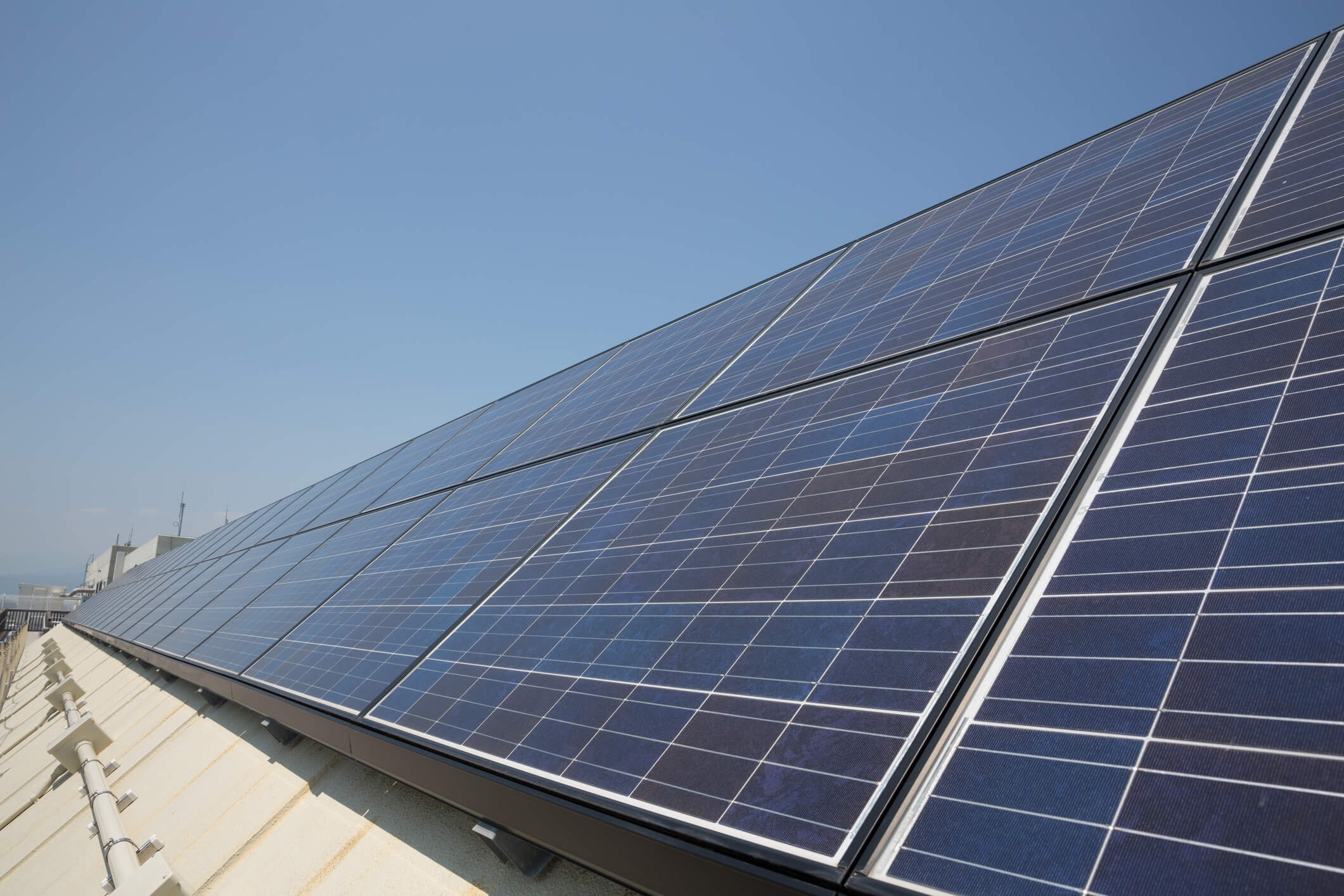
Hydrogen Hub Funding Provisions
March 26, 2024
TRC’s panel of practitioners discuss the Hydrogen Hub (H2Hub) funding provisions of the Bipartisan Infrastructure Bill (BIL).
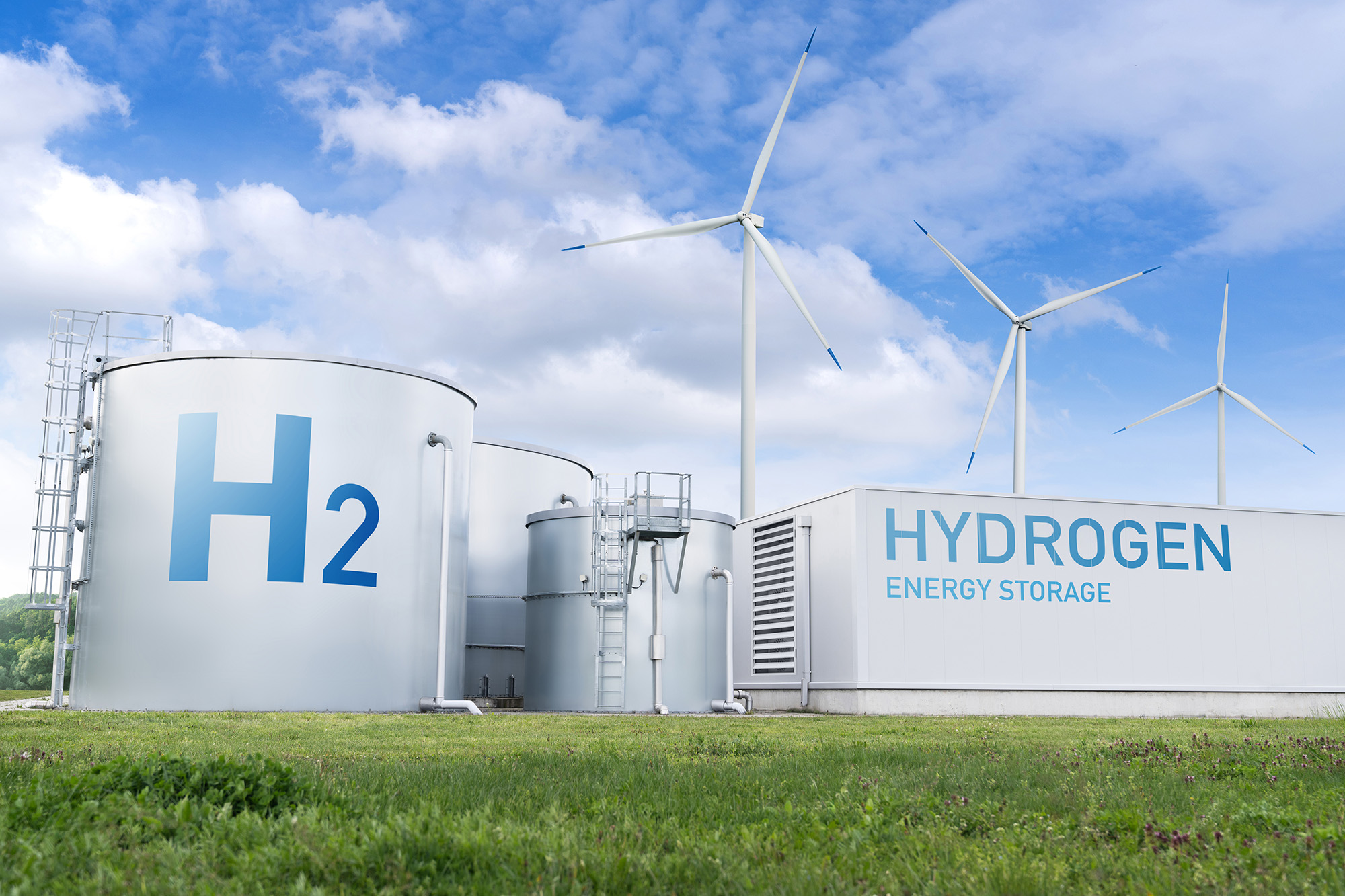
TRC Companies, Inc. selected to participate in Department of Energy (DOE) Multi-State Clean Hydrogen Hub
October 13, 2023
TRC received an award for advancing the transition to a clean-hydrogen, low-carbon economy by supporting the Appalachian Regional Clean Hydrogen Hub (ARCH2) consortium.
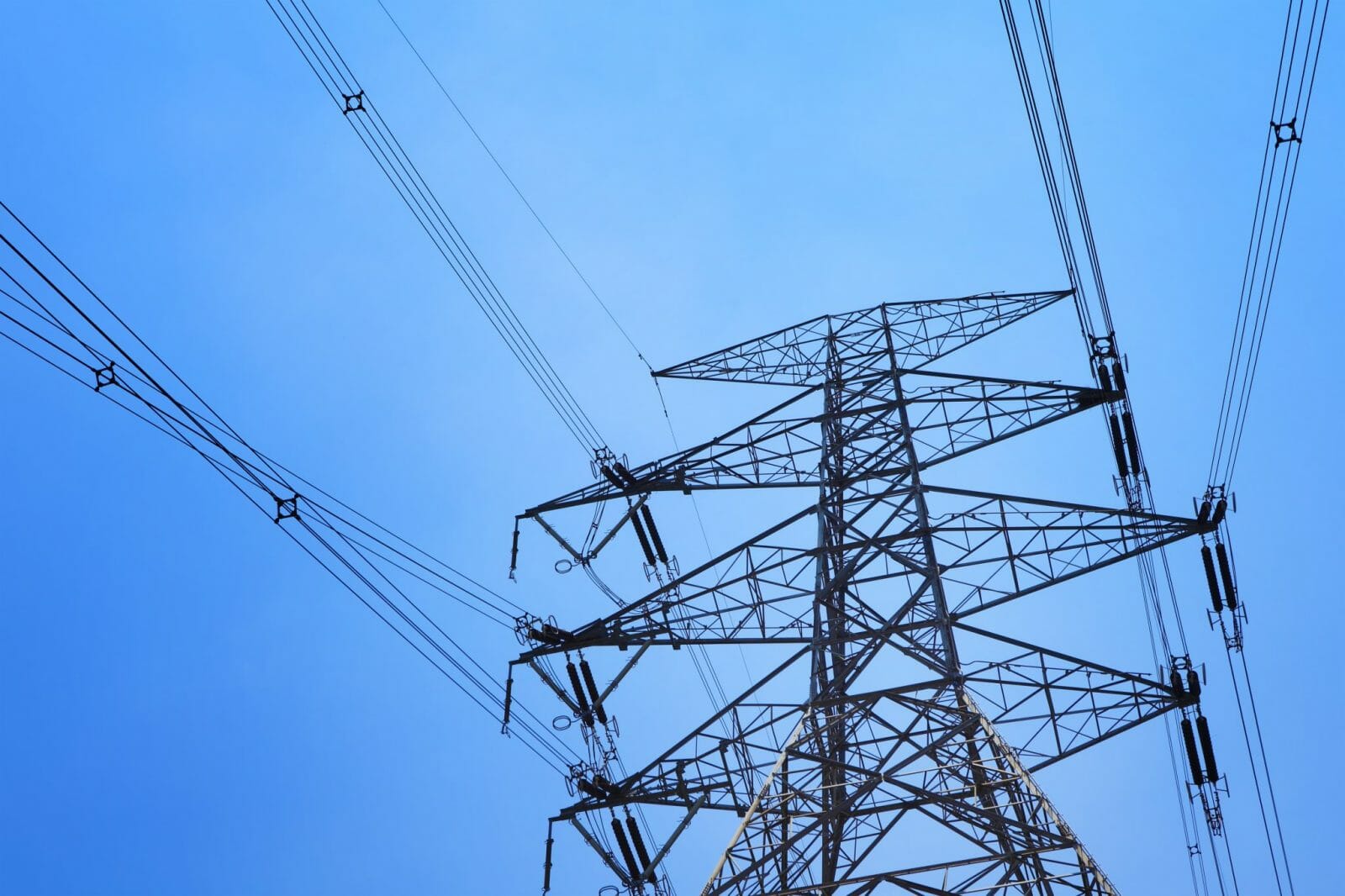
Download Whitepaper: 10 Years of Insights for Clean Community Microgrids
March 1, 2023
Clean, community microgrids represent a promising and timely opportunity for you to advance your customer offering and deliver meaningful societal benefits, all while modernizing your grid and providing you with load flexibility.

Start Your Batteries: Mass Fleet Electrification is Coming (And What We Can do to Prepare)
April 13, 2022
As we plan for and make early investments for fleets, we’ll be paving the way for higher degrees of market penetration of passenger vehicles and other modes of transportation as well.

Ensuring a Just Transition: Optimizing Opportunities for All in the Low-Carbon Future
January 24, 2022
Carbon elimination of the magnitude needed to address climate change requires systems-level change that can only be reached by incremental, ground-up progress, building upon what we have achieved thus far.

Decarbonization: A Systems-Level Challenge and Actions to Address Climate Change
December 7, 2021
Carbon elimination of the magnitude needed to address climate change requires systems-level change that can only be reached by incremental, ground-up progress, building upon what we have achieved thus far.

10 Takeaways from the COP26 Climate Meeting
November 17, 2021
There are compelling reasons to be optimistic about the outcomes of the COP26 meeting. Notably, agreement among all nations that more needs to be done, by both private and governmental bodies, to contain and mitigate climate change.
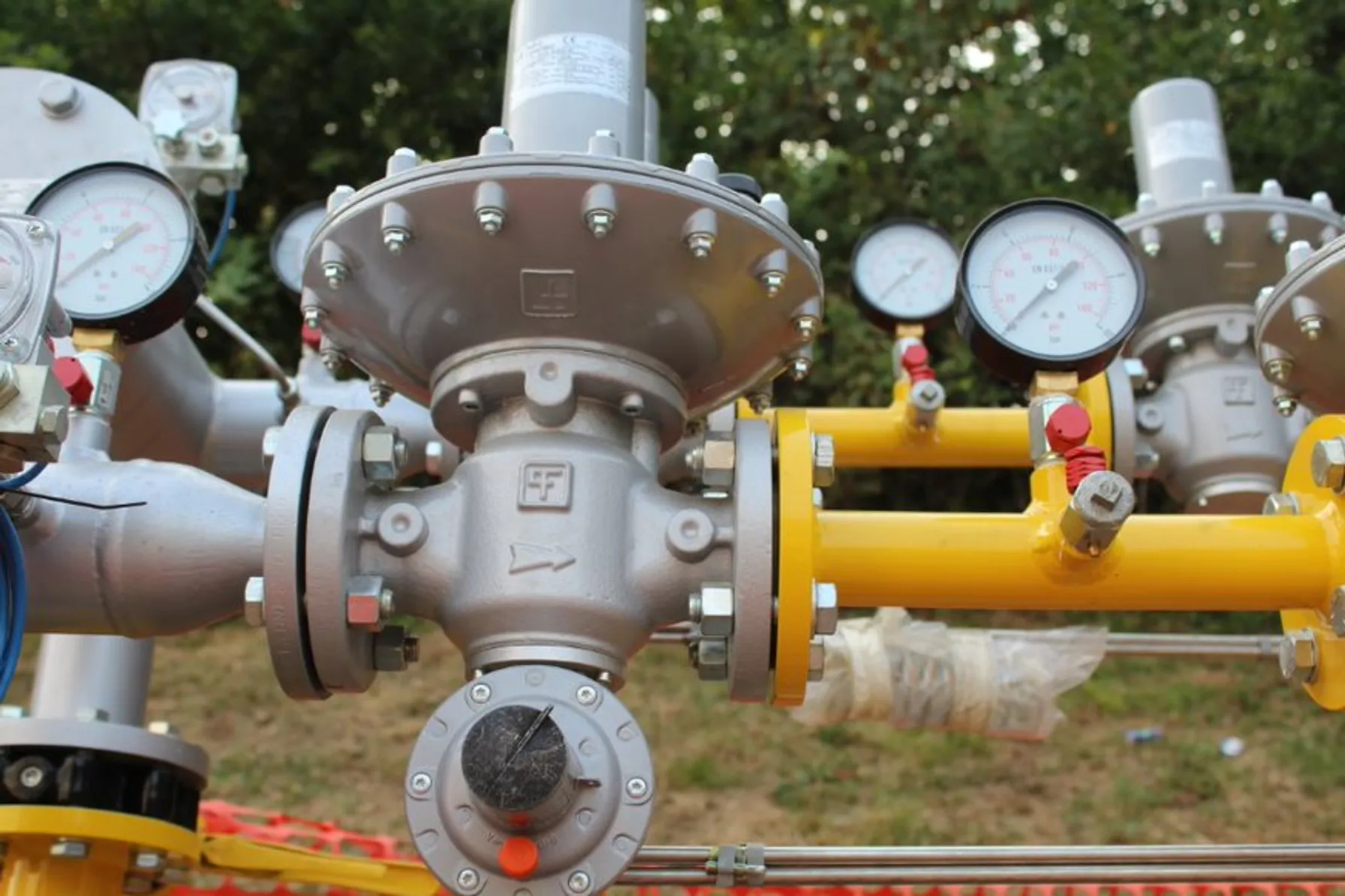
The Price of Natural Gas: Onward and Upward or Just a Temporary Blip?
November 12, 2021
Most industry experts agree that weather aside, the global energy and gas markets are likely to remain uncertain with supply and market demand becoming tighter and more challenging to forecast.
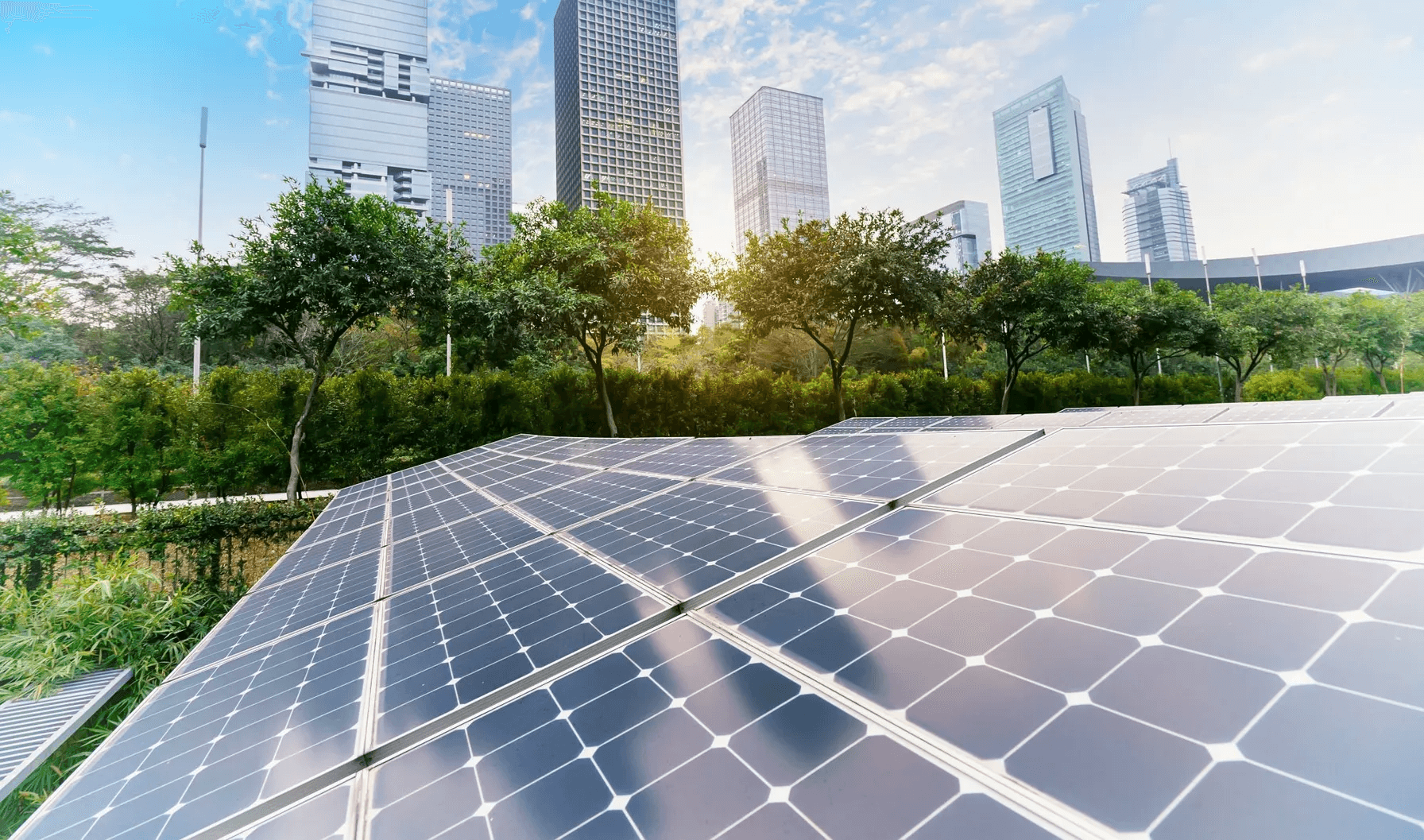
On the Road to Decarbonization: The Role of All-Source Competitive Solicitations
October 14, 2021
All-Source Competitive Solicitations offer utilities an alternative to centralized planning, construction and dispatch of power supplies, helping to usher in a new era of market-driven technology innovation.
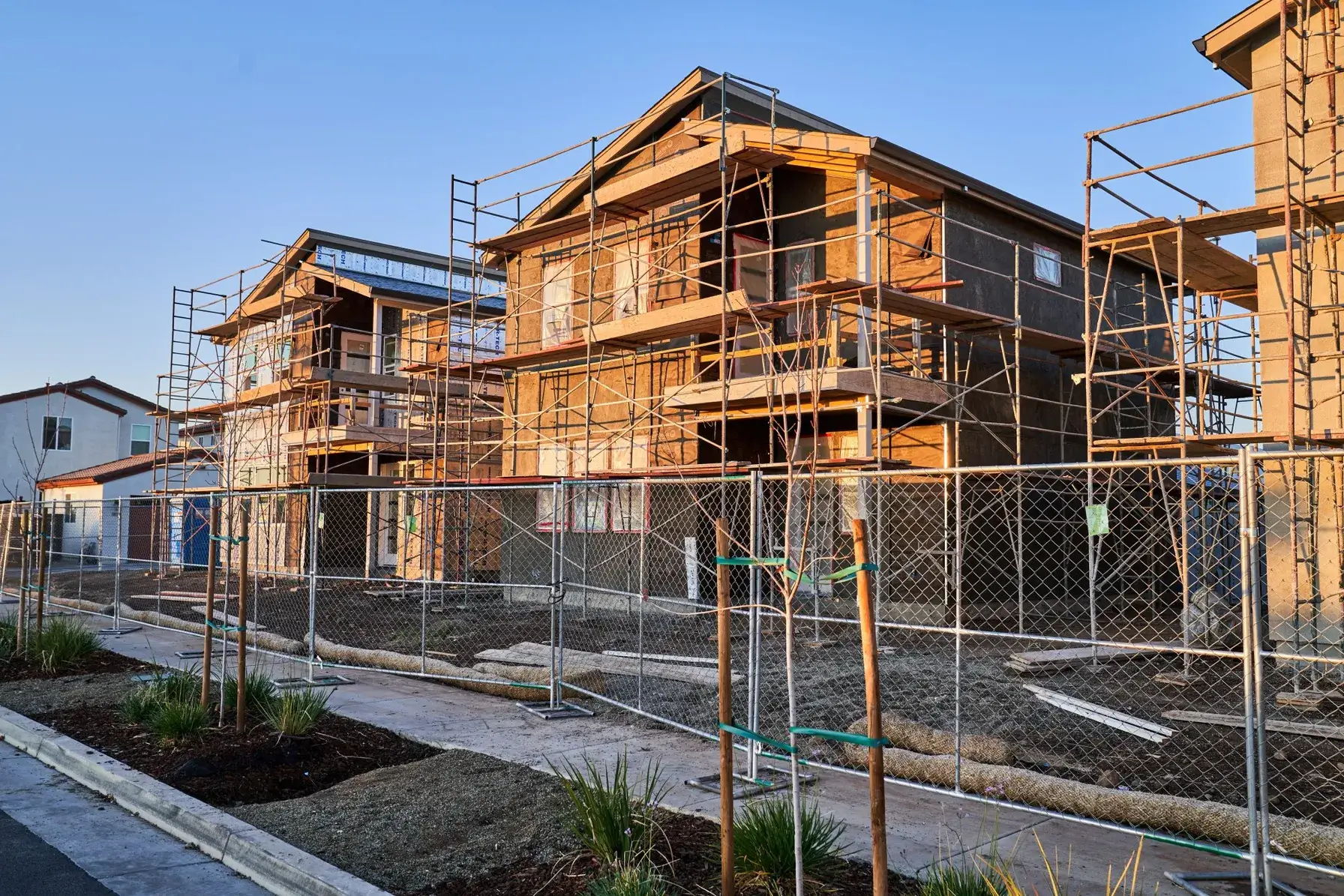
Pacific Gas and Electric Selects TRC as Program Implementer for New Construction Residential All-Electric and Mixed Fuel Programs
September 27, 2021
Pacific Gas and Electric Company (PG&E) formally announced TRC as the designated lead Program Implementer for the Statewide New Construction (SWNC) Residential All-Electric and Mixed Fuel Programs following a competitive solicitation process.
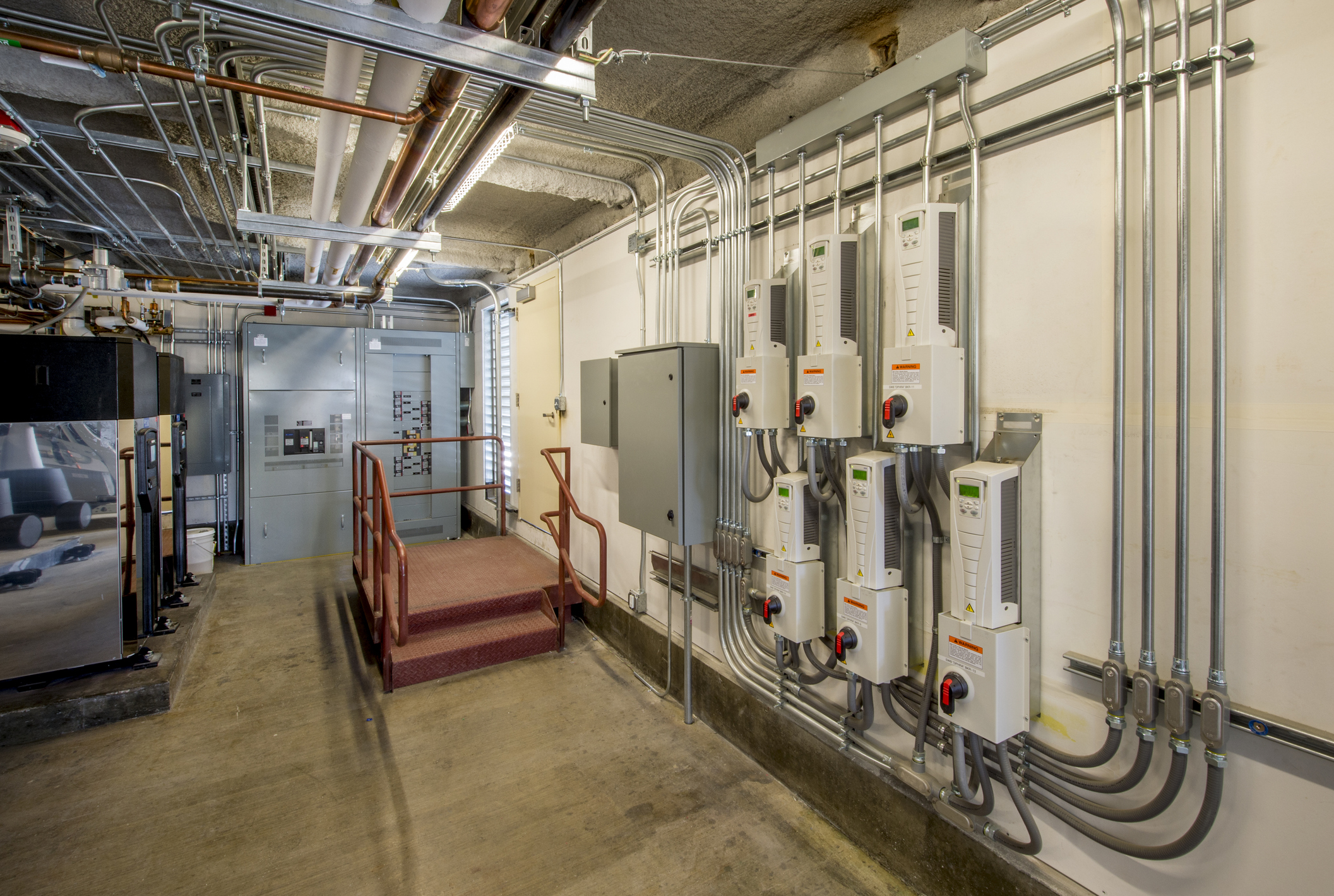
TRC and Slipstream partner with the Minnesota Department of Commerce to launch energy conservation R&D project
June 24, 2021
TRC, Slipstream, and the University of Minnesota are working with controls system manufacturers and contractors to develop such a standardized and streamlined building control retrofit process leveraging ASHRAE Guideline 36
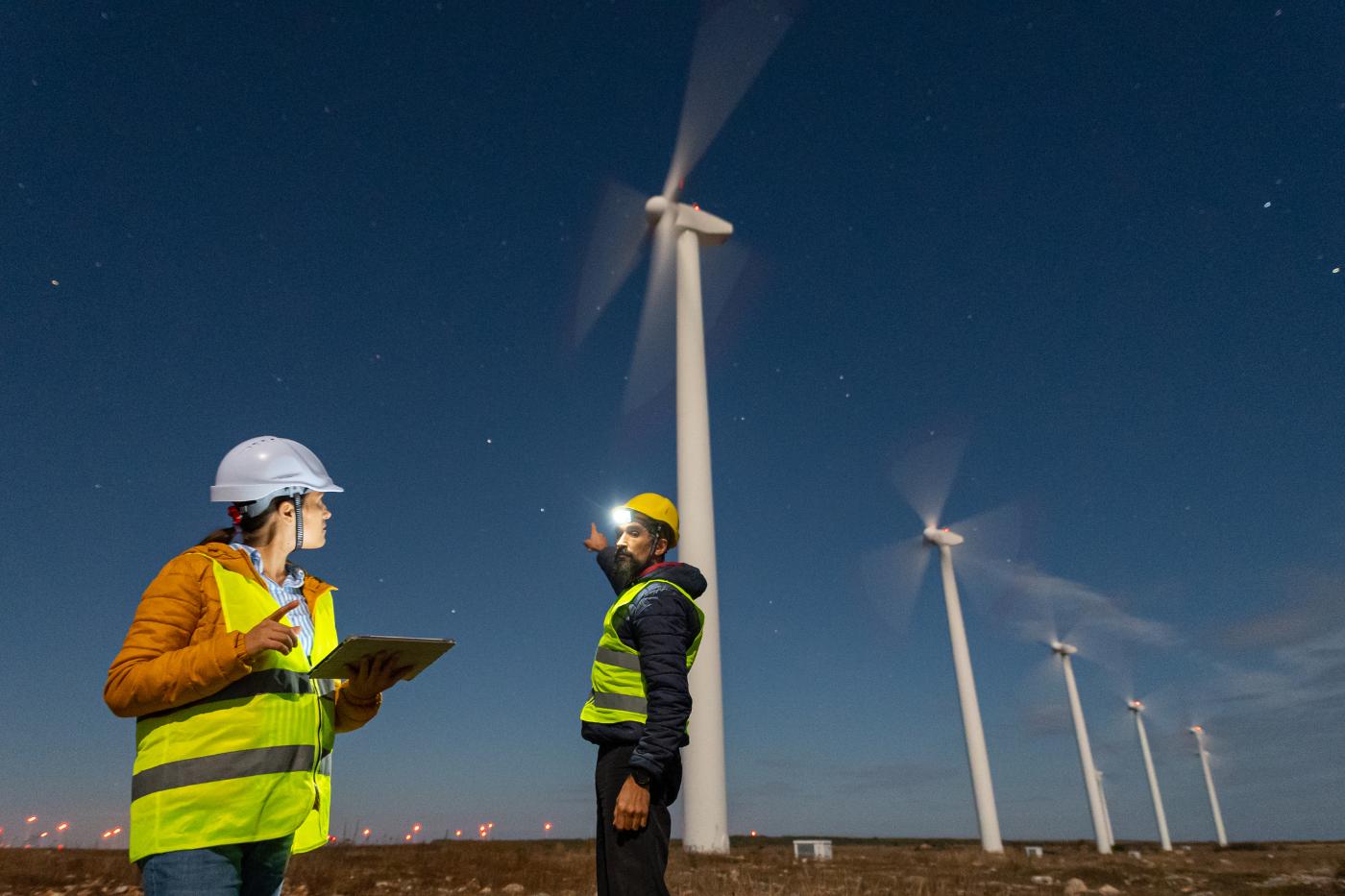
TRC Acquires New Jersey’s Clean Energy Program Contract and Assumes Program Administrator Role
January 17, 2021
NEW BRUNSWICK, NJ and LOWELL, MA. – Jan. 17, 2017 – TRC Companies Inc., a recognized leader in engineering, environmental consulting and construction-management services, today announced it has acquired the contract to serve as Program Administrator of New Jersey’s Clean Energy Program™ (NJCEP), which has provided more than $300 million annually in support to homeowners, businesses…

City of Camarillo, California approves moving forward with Hybrid Solar Microgrids at five critical community facilities
November 6, 2020
On October 28, the Camarillo City Council unanimously approved moving forward with the design of Hybrid Microgrids at five City facilities: City Hall, the Corporation Yard, Camarillo Public Library, Police Station, and Wastewater Treatment Plant. The microgrid at the Camarillo Public Library will be designed with solar+storage only, while the other four sites will employ a hybrid design of solar+storage+diesel.
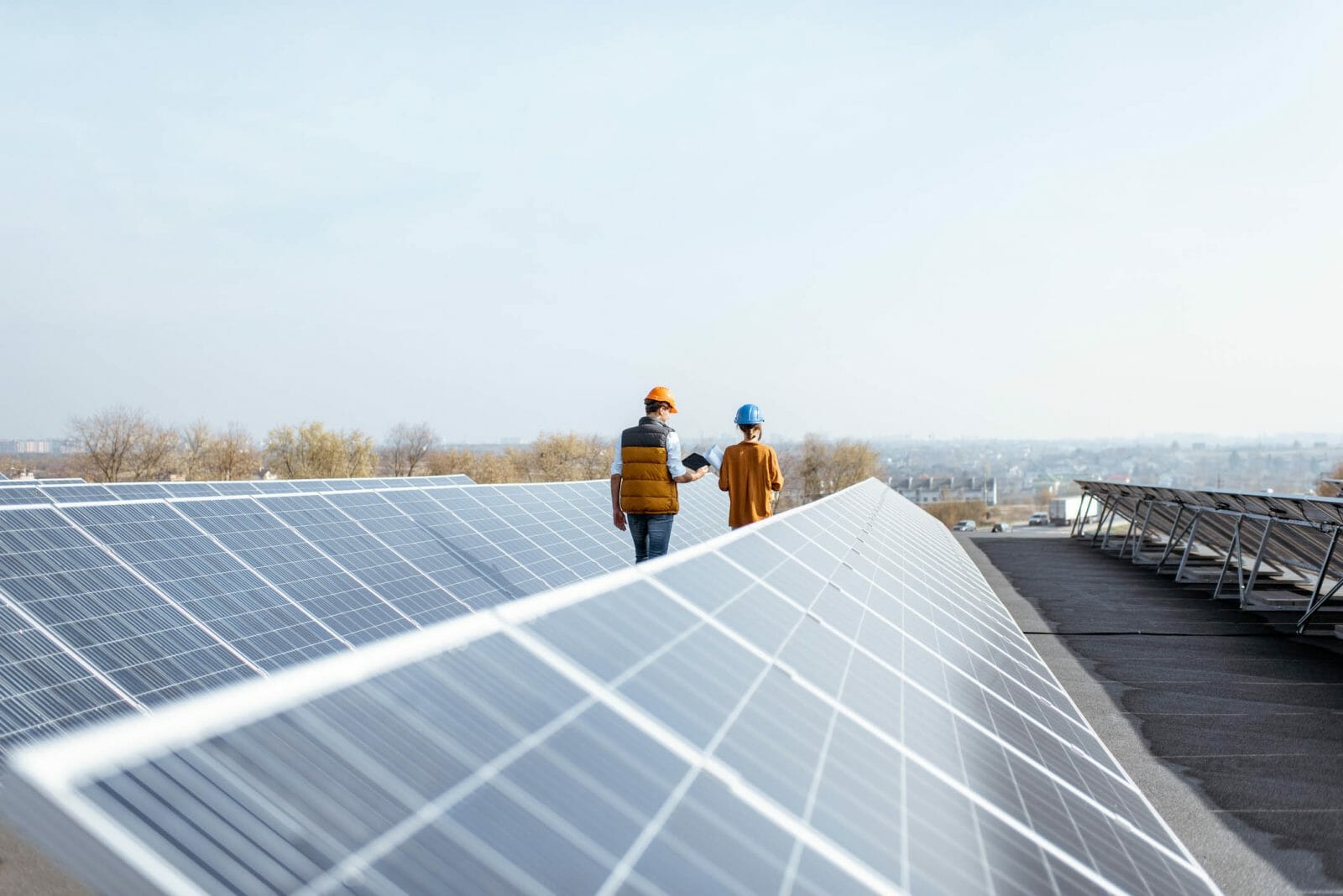
TRC Digital partners with Dominion Energy to evolve its distributed energy resource strategy
September 22, 2020
Dominion Energy, one of the nation’s largest producers and transporters of energy, has partnered with TRC Digital to evaluate, implement and integrate technology to further the utility’s distributed energy goals. TRC Digital will facilitate Dominion Energy’s strategy development and technology execution, allowing Dominion Energy and its customers to accelerate the shift to distributed energy resources (DER) and net carbon reduction.
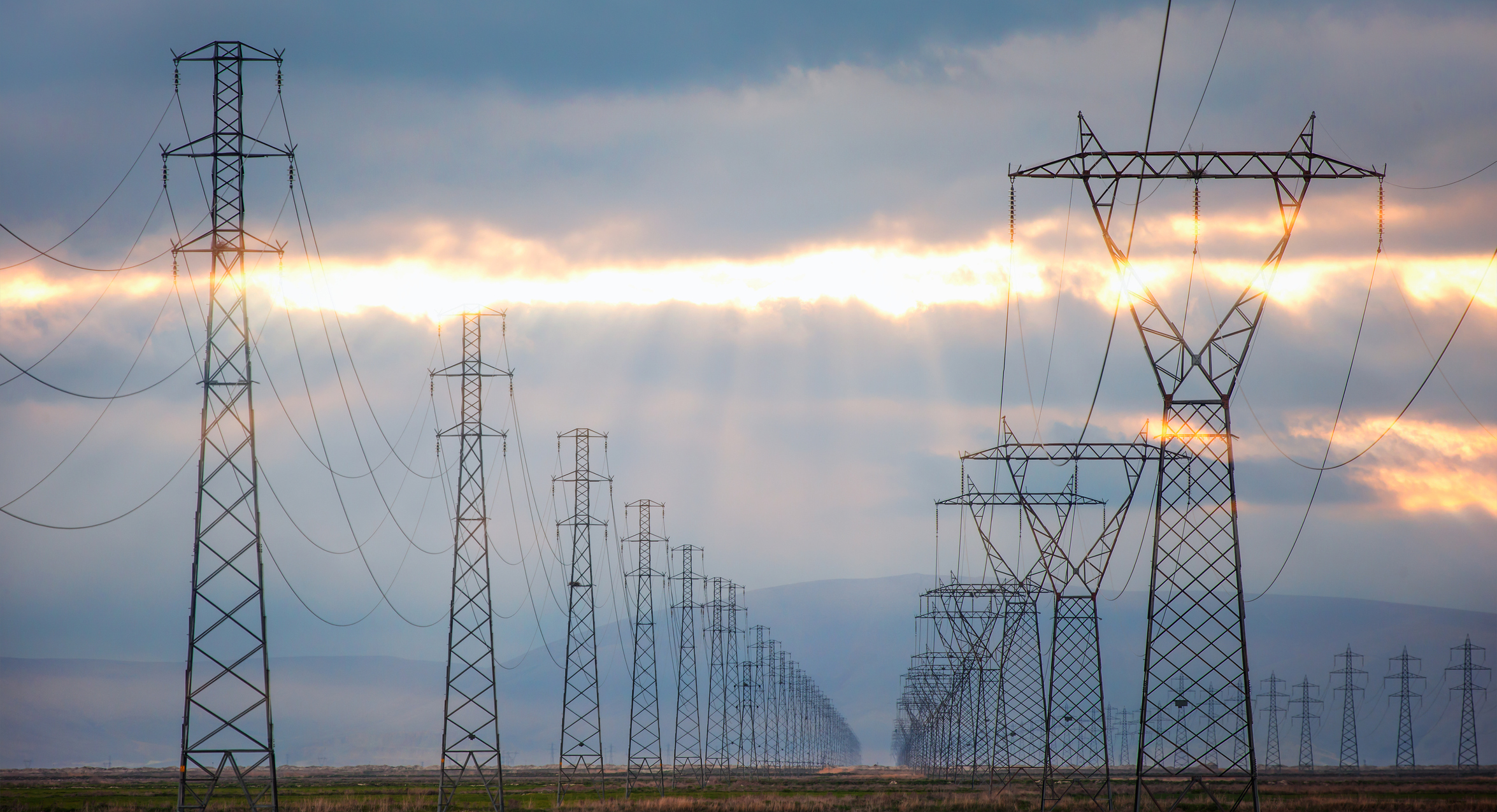
TRC Digital and Reactive help utilities measure inertia for a more resilient grid
September 21, 2020
Together, TRC and Reactive combine TRC’s industry-leading power engineering expertise with Reactive’s machine learning software to provide utility teams with high-resolution frequency monitoring and automatic event analysis.
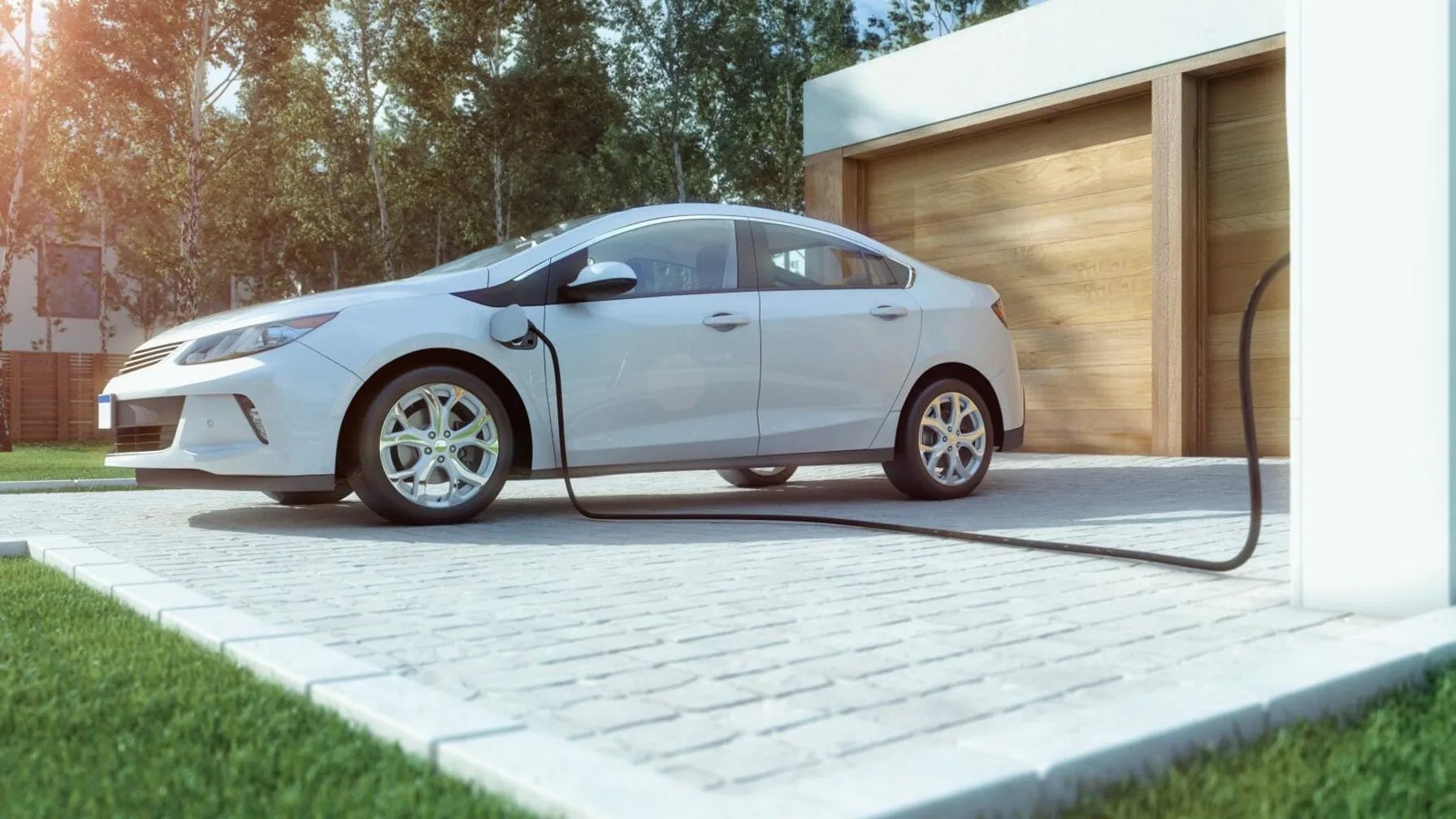
Strategic Electrification
February 4, 2020
As we look to spur strategic electrification across the US, it will be up energy providers and solution implementers to continue sharing ideas, insights and lessons learned

A place called home: Helping California families rebuild after wildfires
November 21, 2019
A place called home: Helping California families rebuild after wildfires
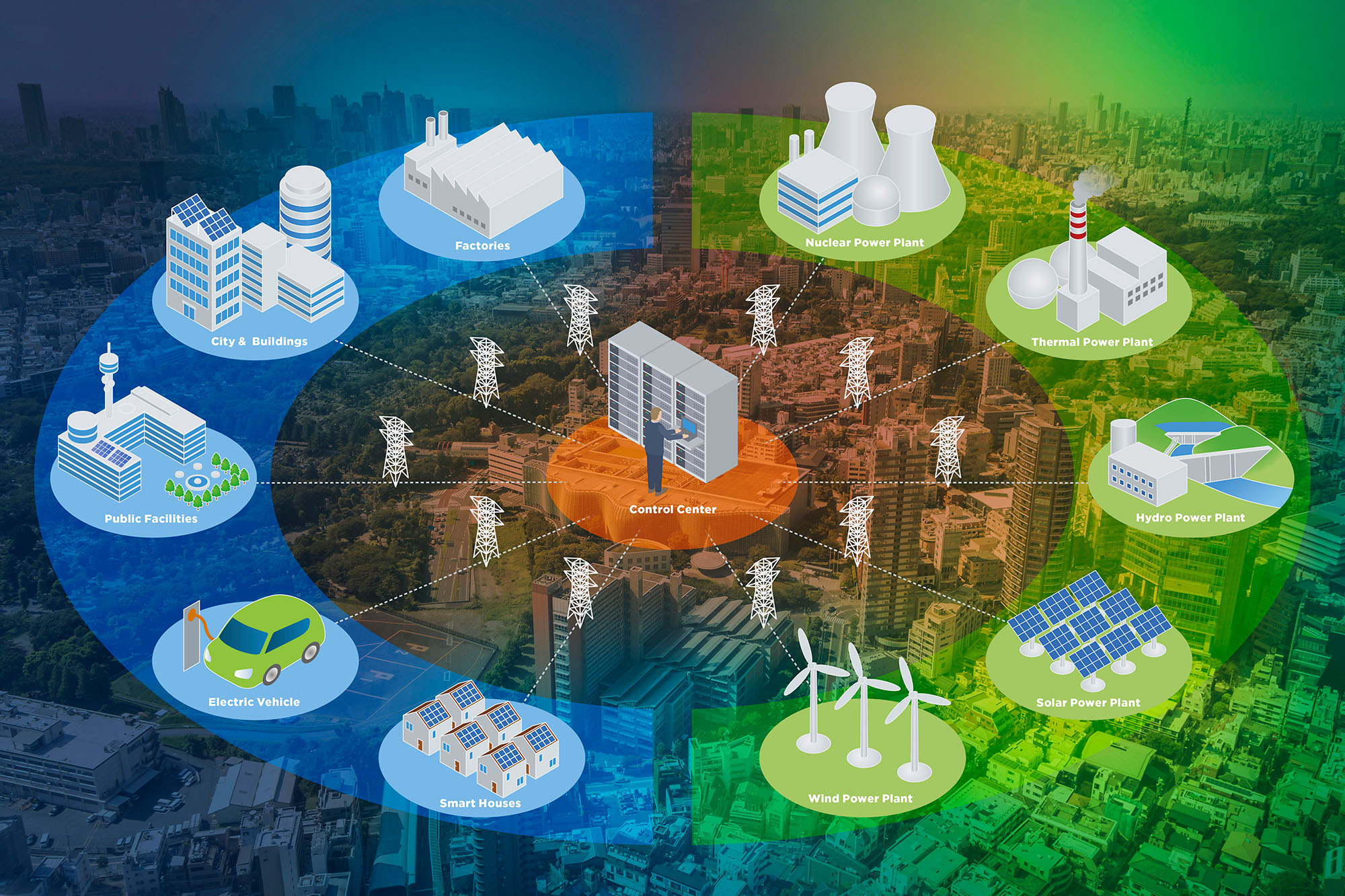
TRC and partners win $1 million grant for engineering innovative New York microgrid
April 20, 2017
TRC is proud to support Huntington, NY bolster power reliability and climate-change resiliency with a sophisticated new “community microgrid’’ combining solar energy, a fuel cell, biogas and traditional natural gas to deliver electricity and heat to local customers and institutions.
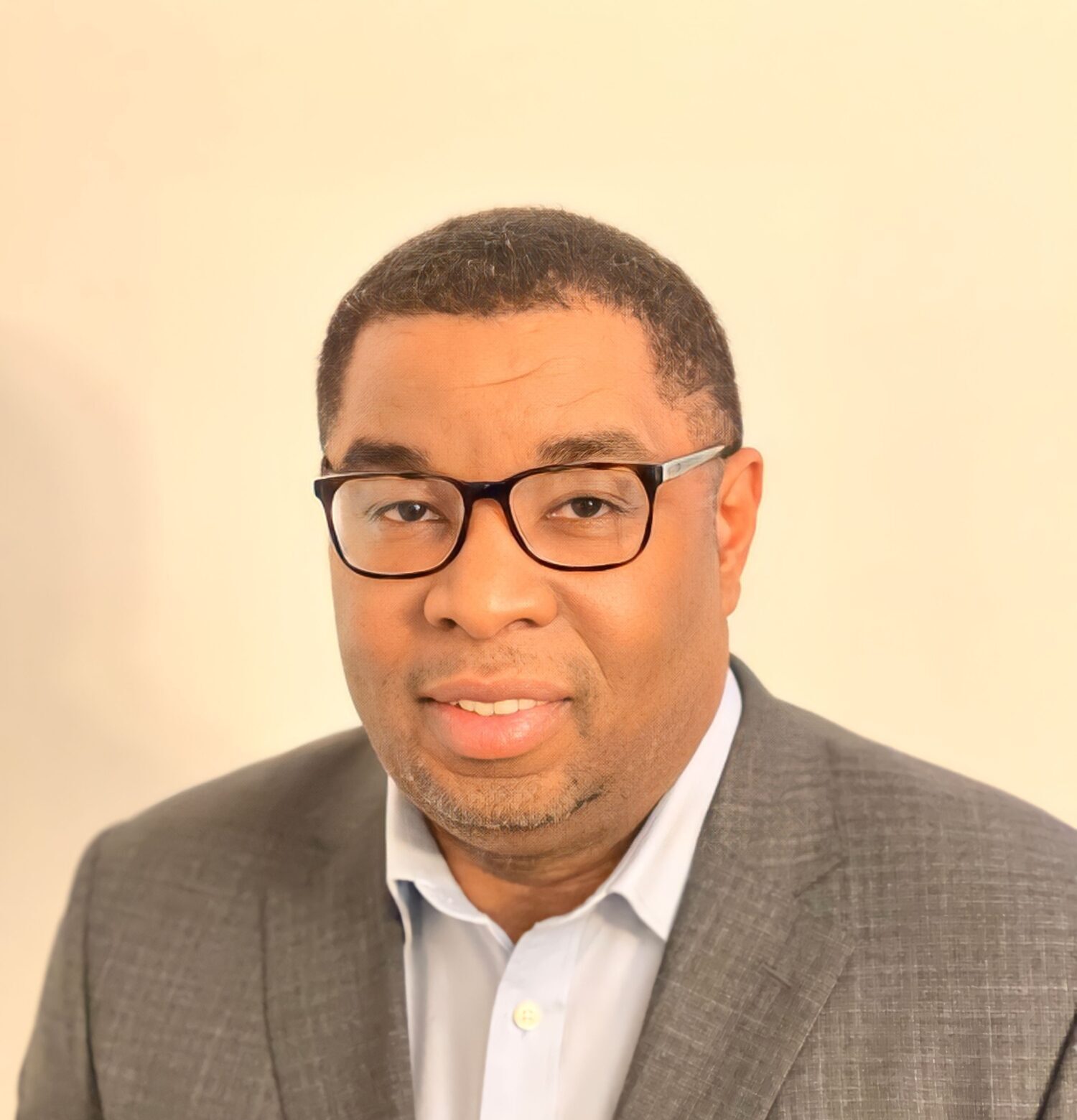
Duane Baldwin
Duane Baldwin serves as Vice President within TRC’s Advanced Energy Practice. With over two decades of experience managing energy and information technology initiatives in the public and private sectors, he has a passion for building teams and enabling growth in the clean energy industry. Duane leads the client acquisition and development practice for TRC, working with utilities, agencies, and businesses across the United States to uncover large-scale solutions for transforming energy use. Read more about Duane on his bio. Duane can be reached at dbaldwin@trccompanies.com.

